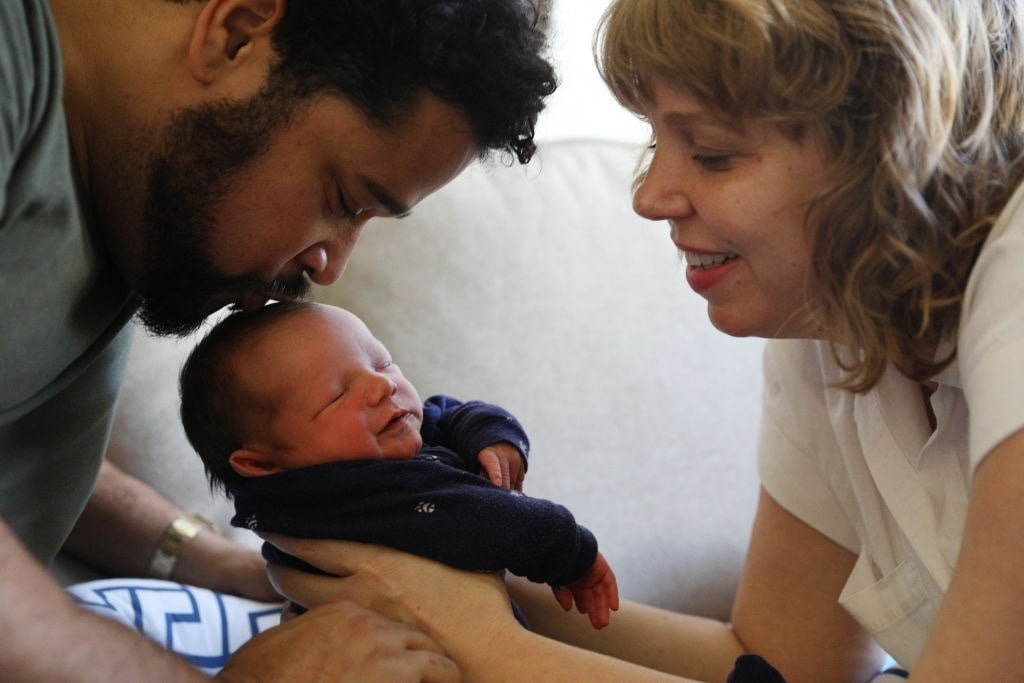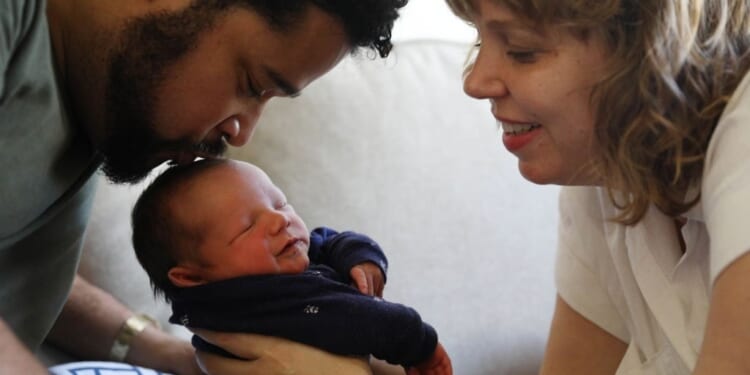
Has the feminist belief in the mommy-trap lost its luster?
It’s fair to say that women above the age of 50 have weathered more than a few cultural storms. In the 1960s, Betty Friedan tapped into the zeitgeist of American women in her best-seller The Feminine Mystique, in which she expounded on the empty and stifling role of suburban homemakers. But Friedan wasn’t the only one giving marriage and motherhood a less-than-stellar name. There were others: Gloria Steinem, Shirley Chisholm, and Jane Fonda are a few more. This generation of bra-burners seeking “equality” ultimately gave way to the you-can-have-it-all group, which brought forth a new generation of exhausted and burned-out women. Eventually, this movement yielded to the you-can’t-have-it-all-ers. Around and around we go.
Meanwhile, the negative messaging to women about motherhood and marriage kept pace as the years went by, despite multiple studies, reports, and research revealing just the opposite. One classic example is a 2017 report by Shawn Grover and John F. Helliwell, who found that “even when controlling for pre-marital life satisfaction levels, those who marry are more satisfied than those who remain single.” Nevertheless, the media did not get the message and continues its adverse reporting on marriage and motherhood to this day.
Enter a cabal of truth-seekers at The Atlantic who conducted a study of more than 3,000 women. What they found was very different from the media narratives:
“Married mothers are actually happier than unmarried women and married women without children. In the survey, 19 percent of married mothers described themselves as ‘very happy’ compared with 11 percent of married women without children, 13 percent of unmarried mothers, and 10 percent of unmarried women without children. Married mothers were also more likely to say that life is enjoyable most or all of the time than the other three groups. These numbers are controlled for age, family income, and education, so we know that those factors aren’t the cause of the differences.”
Marriage and Motherhood —Tough but Rewarding
The article also pointed out that their findings were not “a one-off.” Other researchers showed similar results. This is not to say that choosing motherhood is always smooth sailing, but that women report significant meaning and satisfaction in having children. Twenty-eight percent of those surveyed were “the most likely to agree that their life ‘has a clear sense of purpose.’”
Meanwhile, the study revealed that loneliness was an issue for those who were single by a two-to-one margin. There’s no getting around the fact that marriage and childbearing rates in the United States “have generally declined in the last two decades,” according to Pew Research Institute. In August of this year, Pew reported data from the United Nations that showed “the total fertility rate in the US stands at 1.6 live births per woman.” This mimics worldwide fertility rates, which are declining across the globe, but stands out as the lowest birth rate among all other continents.
There are multiple reasons for low birth rates, and negative messaging should at least be counted as part of the problem. Jean M. Twenge, lead author of The Atlantic study, offered her personal experience anecdotally. It stands in stark contrast to the destructive public monologues that American women continually have had to battle:
“I now have three children, and I am somewhat incredulous that in my premotherhood inquiries, no one mentioned the sense of purpose parenthood gives you. Yes, you’re going to be tired and overwhelmed, but there’s a deep knowledge that you’re doing something important with your life: You’re nurturing a human being. I am fortunate to have a career I love and find meaningful; even so, the sense of purpose I have found through motherhood dwarfs every career milestone I have ever achieved.”
Liberty Nation does not endorse candidates, campaigns, or legislation, and this presentation is no endorsement.

















